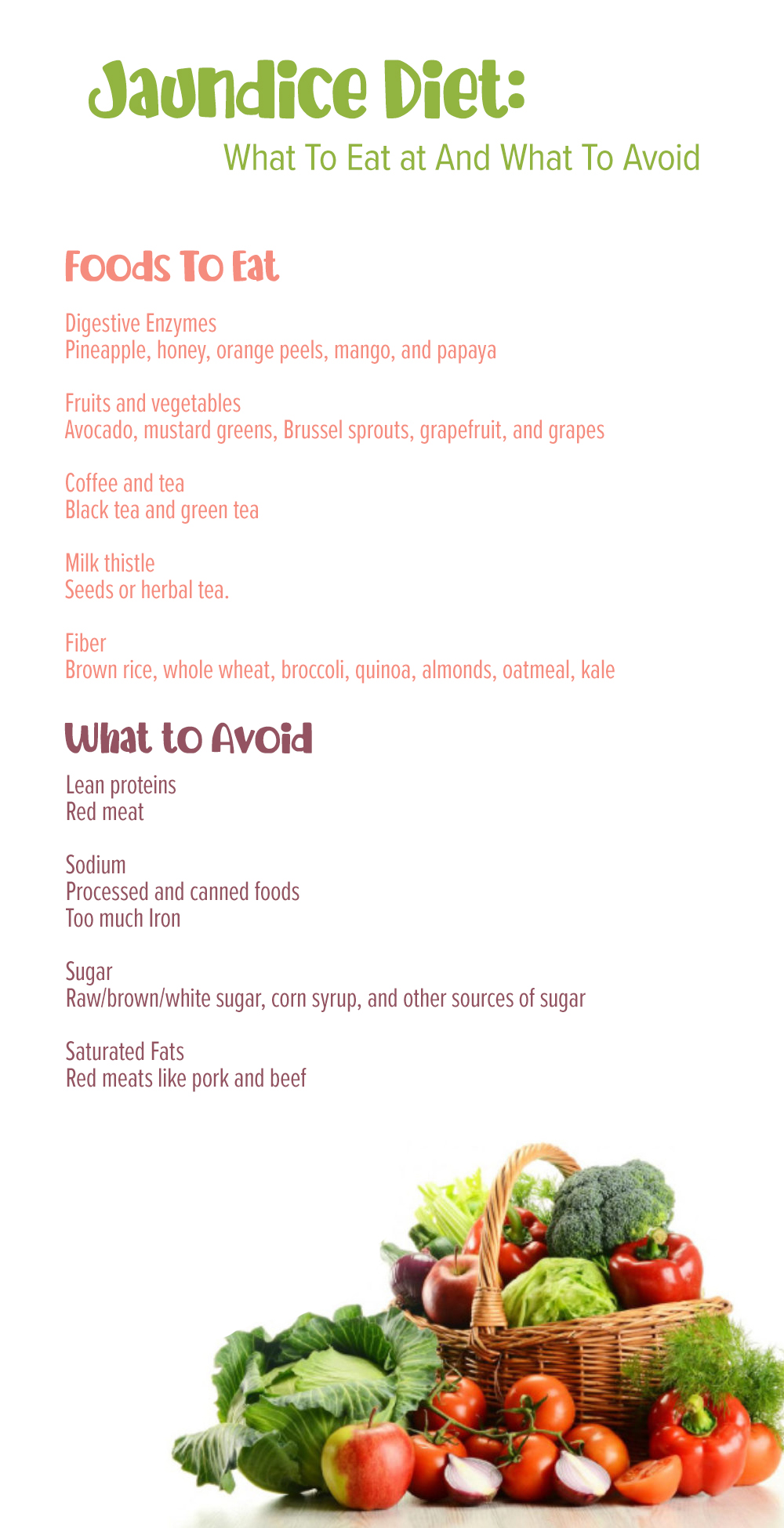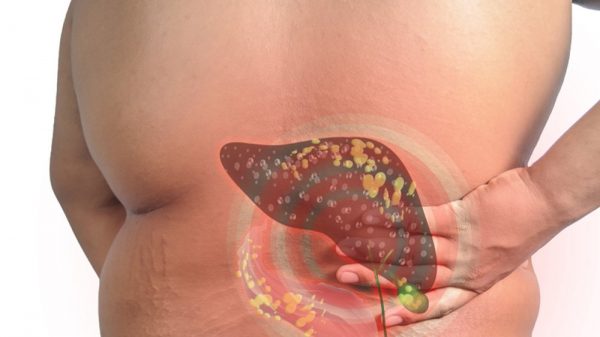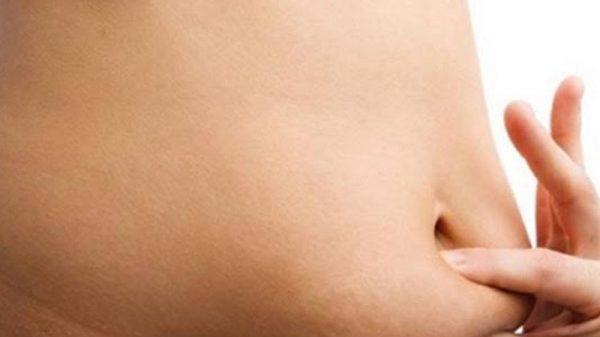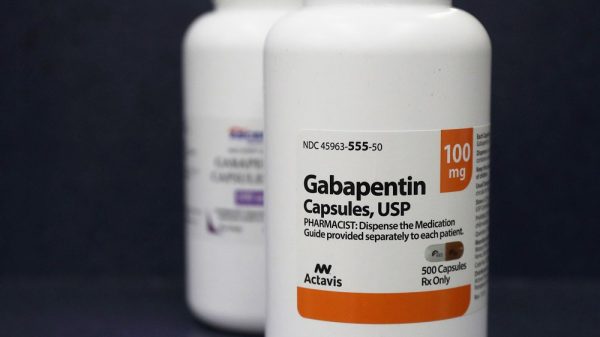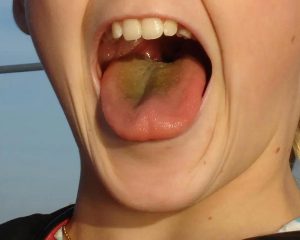Have you received a diagnosis for the condition jaundice? This condition is best known for causing yellowish skin and eyeballs. However, it might be unclear what causes the condition. It’s important to know the basics about jaundice including the symptoms and causes. This is critical for treating the condition since you’ll know more about it. For example, you’ll know about the different diseases/conditions that are causing jaundice. You’ll also know what signs of the condition to look for to help determine when it’s time to schedule a checkup with your doctor. Another important issue is the jaundice diet including what to eat and avoid.
If you have jaundice then it’s critical to know the ideal diet to maintain. This is related to the foods you should eat more of and the ones you should try to avoid. For example, you should try to eat/drink foods like honey, mangoes, and coffee/tea. Meanwhile, you should also try to avoid others like salt, sugar, and alcohol. Following these basic guidelines can help to make it easier to deal with jaundice. Like other considers maintaining the right diet can help to keep the symptoms under control. On the other hand, if you eat/drink the “wrong” stuff it can make your symptoms/condition worse.
What Exactly Is Jaundice?
It’s important to first talk about the condition itself. This medical term explains a condition that causes skin/eyeballs to become yellow. It’s important to note that jaundice itself isn’t a disease. However, there are various diseases/illnesses that can cause it.
The condition results from the body’s buildup of a substance known as “bilirubin.” It’s a yellow pigment that’s made when the liver breaks down red blood cells. In most cases, the liver removes red blood cells and bilirubin in.
However, when the process isn’t working this results in a malfunction of red blood cells and organs like pancreas, gallbladder, and liver. It’s important to know the basics about this condition so you’ll know what to expect.
There are various illnesses/diseases that can cause jaundice. One of the main ones is newborn jaundice. This condition happens when newborn babies’ blood have high bilirubin levels after being born. This condition usually disappears within time. This happens as the baby’s liver develops and the baby starts feeding. This allows bilirubin to start passing throughout the body.
Another of the main causes is hepatitis. This inflammatory illness results from various causes like blood loss, toxins, drugs, alcohol, and immune system diseases.
This condition can be either chronic or acute. This is based on a particular cause. There are various hepatitis symptoms including:
- Stomach pain
- Itchy skin
- Nausea
- Loss of appetite
- Vomiting
- Fluid buildup in the abdomen
- Yellow skin/eyes.
Yet another common cause is alcohol-caused liver disease. The condition is caused by heavy alcohol drinking. Over time this can develop into liver disease. The disease has various symptoms based on how much damage the liver has experiencing. Some of the common ones include:
- Fatigue
- Weight loss
- Bruising
- Vomiting
- Confusion
- Nausea
- Pain/swelling in the abdomen
- Yellow skin/eyes
There are various stages of liver disease ranging from fatty liver disease to cirrhosis.
Jaundice Diet: What to Eat/Drink
Digestive enzymes
There are various options including pineapple, honey, orange peels, mango, and papaya. These are natural sources of digestive enzymes, which could help to lower bilirubin. These are some of the various sources of the enzymes. You can find them in other sources as well.
Fruits/Vegetables
Based on the dietary guidelines set by the US Department of Agriculture this food group should make up half of your daily diet including somewhat more veggies than fruits. Here are some good anti-jaundice options: avocado, mustard greens, Brussel sprouts, grapefruit, and grapes. It’s important to eat a wide variety of fruits/veggies to help provide a well-balanced diet.
Coffee/Tea
The best options are black tea and green tea. These drinks are good options to improve your liver health. That’s because they can provide benefits like lowering inflammation, risk of cirrhosis, and liver enzymes.
These healthy drinks can also help to boost your body’s antioxidant levels. That, in turn, can help get rid of toxins from the body. You should try to drink several cups of tea/coffee daily to get the best results.
Milk Thistle
This is high in antioxidants and a substance to repair liver cells that have been damaged. You can consume this herb through seeds or herbal tea.
Fiber
This is important for various reasons. Fiber isn’t digested in the body but is important for good digestion. It can also function as a natural jaundice treatment. The main benefit in terms of this condition is it helps the liver get rid of bile. That, in turn, can help to reduce the toxic level.
There are several good sources of fiber including:
- Brown rice
- Whole wheat
- Broccoli
- Quinoa
- Almonds
- Oatmeal
- Kale
It’s good to consume 1+ high-fiber food during each meal. Mean should eat at least 38g of fiber every day and women should consume 25g or more of fiber daily.
Jaundice Diet: What to Avoid
1. Lean proteins
Go with options like chicken and fish since there’s a lower chance of causing liver damage like red meat. Fatty fish is one of the best options. Some options include salmon, tuna, sardines, herring, and mackerel. It’s recommended that people consume fish at least 2x per week.
2. Sodium
Try to limit options like processed and canned foods. They tend to be loaded with sodium, which can cause various problems related to jaundice and liver disease. The American Heart Association (AHA) recommends that most adults consume under 1500mg of sodium per day. Make sure to watch your intake not only of table salt but also “hidden salt” in pre-packaged foods.
3. Iron
Make sure to avoid consuming too much iron since it can result in liver scarring. Make sure you’re getting iron form protein. However, make sure you’re not consuming too much protein. You should also try to go with lean proteins like chicken and fish over pork or beef.
4. Sugar
This includes raw/brown/white sugar, corn syrup, and other sources of sugar. One of the main issues with sugar is it can increase fat buildup in the liver. Sugar can also cause blood sugar spikes and increase your risk of type-2 diabetes. There’s also no nutritional value in sugar so it’s better to go with low-carb options like monk fruit and stevia extracts.
5. Saturated Fats
Make sure to reduce your intake of red meats like pork and beef. These are tougher for the liver to digest. If you’re going to eat red meat it should be in moderate amounts. It’s better to consume more fish and chicken to reduce jaundice symptoms.
6. Alcohol
It’s a good idea to avoid alcohol completely since it can cause more damage to your liver. If you have an alcohol-related liver disease then it’s especially critical to stopping drinking alcoholic beverages 100%. There are various non-alcoholic options like “mocktails” for a jaundice diet.
